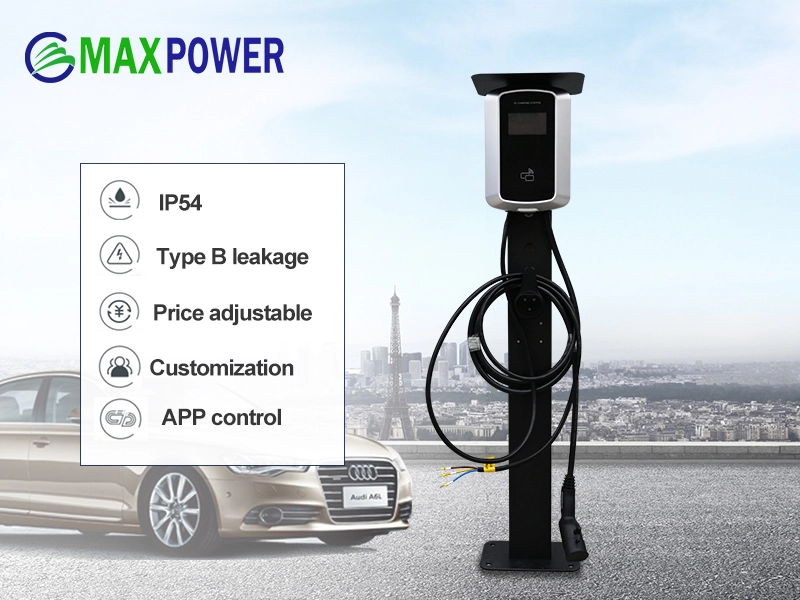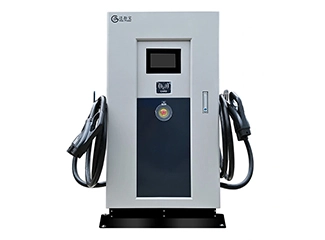
Electric vehicle charging stations play a crucial role in supporting the growing number of electric vehicles on the roads today. However, it is essential to consider how these charging stations respond to emergencies and disasters to ensure the safety and efficiency of operations.
Electric vehicle charging stations must have well-defined emergency response plans in place to handle various types of emergencies. These plans should include procedures for responding to power outages, malfunctioning equipment, natural disasters, and other unforeseen events.
In the event of power outages, charging stations should have backup power sources, such as batteries or generators, to keep the charging process uninterrupted. This ensures that electric vehicles can continue to charge even during emergencies.
Regular maintenance and inspections of charging equipment are crucial for identifying and addressing any potential issues before they lead to emergencies. It helps in minimizing the possibility of equipment failure during critical situations.

A robust communication system is essential for effective emergency response in electric vehicle charging stations. This includes both internal communication among the station staff and external communication with emergency services and vehicle owners.
Charging stations such as the AC charging station should have clear protocols for quickly notifying authorities and users in the event of emergencies. This can be achieved through the use of automated alert systems, such as text messages or emails, to inform users about any disruptions or safety concerns.
Coordinating with emergency services is crucial to ensure a timely and appropriate response during emergencies. Charging stations should establish partnerships with local emergency responders to enable quick assistance in case of accidents, fires, or other emergencies.

Electric vehicle charging stations provided by EV car charger factory should implement various safety measures to prevent emergencies and mitigate their impact. These measures include the installation of fire suppression systems, emergency shut-off switches, and proper grounding techniques.
Additionally, charging stations should provide clear signage and instructions on how to safely operate the charging equipment and respond to emergencies. This ensures that users can understand and follow safety protocols effectively.
Regular training programs for charging station staff are essential to ensure they are well-equipped to handle emergencies. They should be trained in emergency response procedures, first aid, and evacuation protocols.
As the popularity of electric vehicles continues to grow, the importance of effective emergency response in charging stations cannot be overstated. With well-defined emergency preparedness plans, efficient communication systems, and robust safety measures, charging stations can ensure the safety and reliability of electric vehicle charging even during emergencies and disasters.